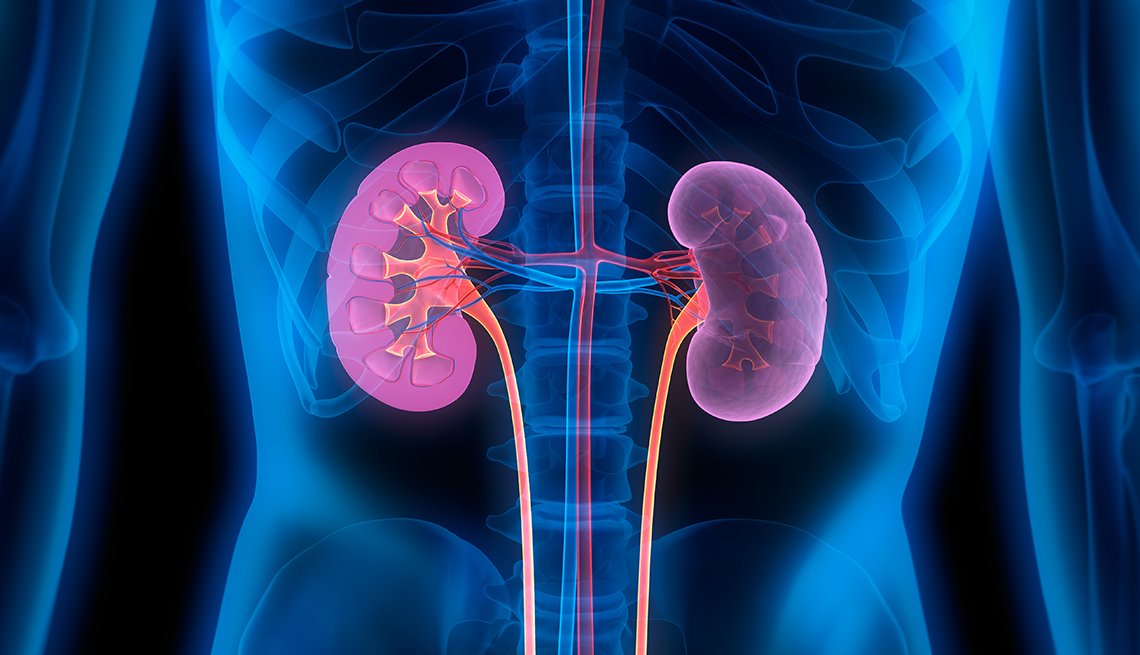Chronic kidney disease (CKD) in children is rare, which makes research hard and leaves big gaps in the amount and quality of information for young patients with the disease. Even the biggest prospective studies aren’t as useful as they could be because of selection bias and small sample sizes for the different causes and stages of the disease.
In a new study led by Children’s Hospital of Philadelphia (CHOP) and Nemours Children’s Health, researchers overcame the problem of scale by analysing electronic health record data from PEDSnet on kidney disease, a national multicenter paediatric network, to find a large group of children with CKD, look at how the disease progresses, and look at clinical risk factors for kidney function decline. The findings were printed in the Clinical Journal of the American Society of Nephrology.
“The main goal of this project was to show that real-world electronic health record (EHR) data can be used to model the loss of kidney function in children. Chronic kidney disease in children is rare, so there aren’t many high-quality studies that help doctors make decisions on kidney disease,” said Caroline Gluck, MD, a physician at Nemours Children’s Health in Delaware. “Unlike prospective cohort studies, this study is an unbiased sample of the US source population and, as far as we know, the largest cohort of children with CKD to date.””
Also read: Don’t ignore these signs of heart disease in men
Researchers looked at children from six paediatric health systems in the PEDSnet database who were seen between January 1, 2009, and February 28, 2022. They did this to learn more about the factors that cause CKD kidney disease patients function to get worse. Researchers found CKD in 11,240 (0.157%) of more than 7.1 million children. They split the group into subcohorts based on the type of CKD the people had: glomerular, non-glomerular, and cancer-related. Estimated glomerular filtration rate (eGFR) is an index of kidney function that is calculated based on serum creatinine level. It is used to figure out the stage of kidney disease, whether long-term dialysis is needed, and whether a kidney transplant is needed.

Researchers found that children with CKD who had glomerular disease or cancer, high levels of protein in their urine (called “proteinuria”), high blood pressure, being younger, having more advanced CKD, being male, and having more medical problems when they first started getting care were more likely to have their kidney function decline quickly. For example, over an average of five years of follow-up, 40% of patients with glomerular CKD needed long-term dialysis or a transplant, or their eGFR dropped by more than 50%, while only 13% of patients with non-glomerular CKD had the same problem.
Because the study looked at a large group of people, including children with cancer who have a lot of CKD but have been left out of or underrepresented in other studies, the results can be applied to a larger group of kids with CKD.
The study’s lead author, Michelle Denburg, MD, MSCE, a nephrologist at Children’s Hospital of Philadelphia and co-director of the CHOP Pediatric Center of Excellence in Nephrology and of the Penn-CHOP Kidney Innovation Center, said, “Children with the risk factors we found are especially at risk for CKD progression and may be the focus of comparative effectiveness studies to preserve kidney function.”
“The results and methods of this study will be used as a basis for future research on children with CKD, such as the PRESERVE study that I am co-leading with Dr. Christopher Forrest, Director of PEDSnet. This study is using EHR data from 16 paediatric health systems to look at how blood pressure is managed and kidney function is kept in children with CKD. This study can also be used as a plan for how to use EHR data networks to study rare diseases “said she.




